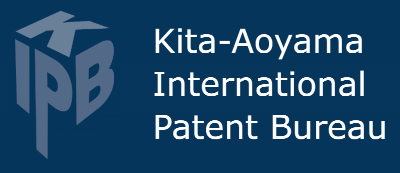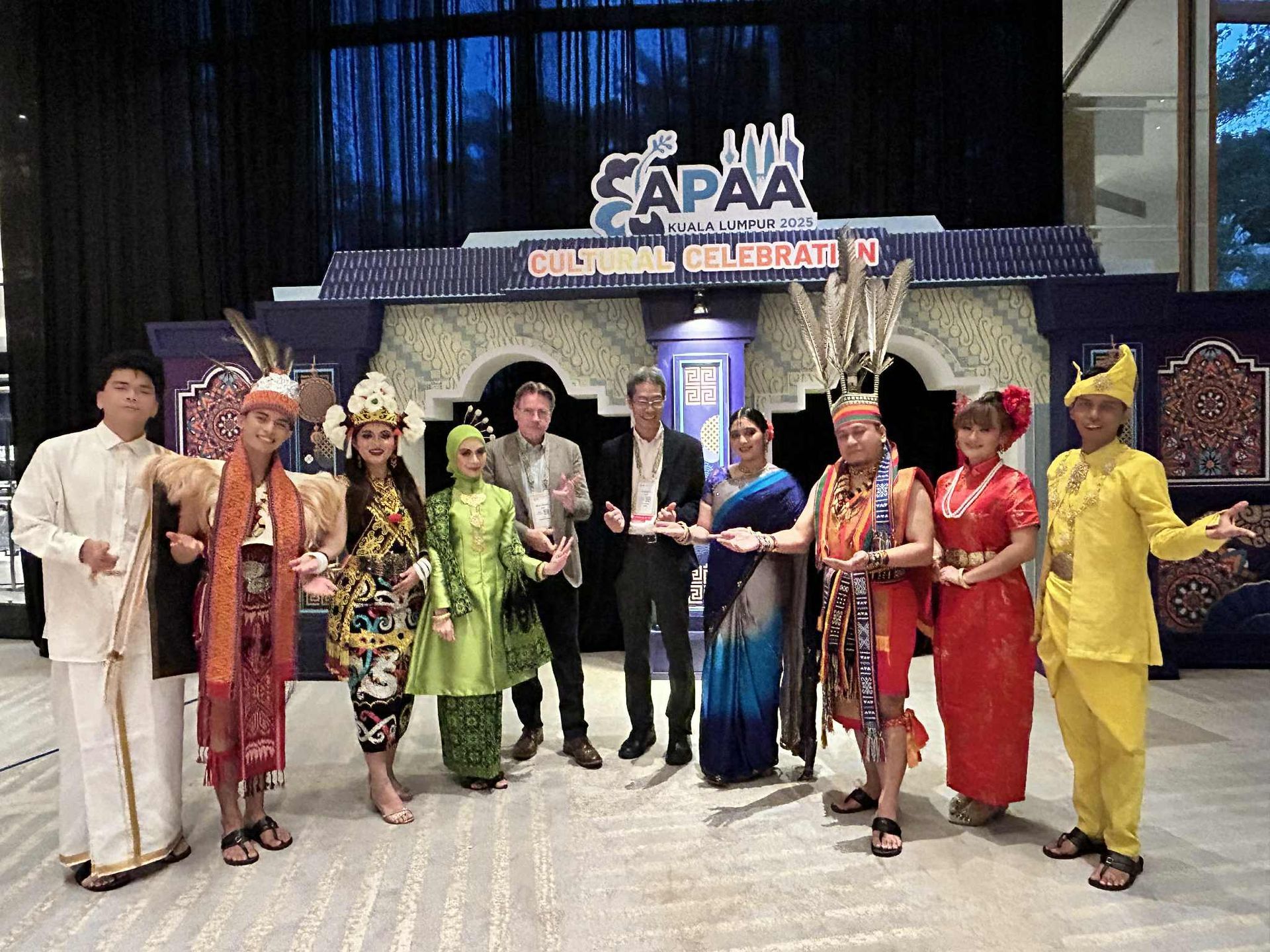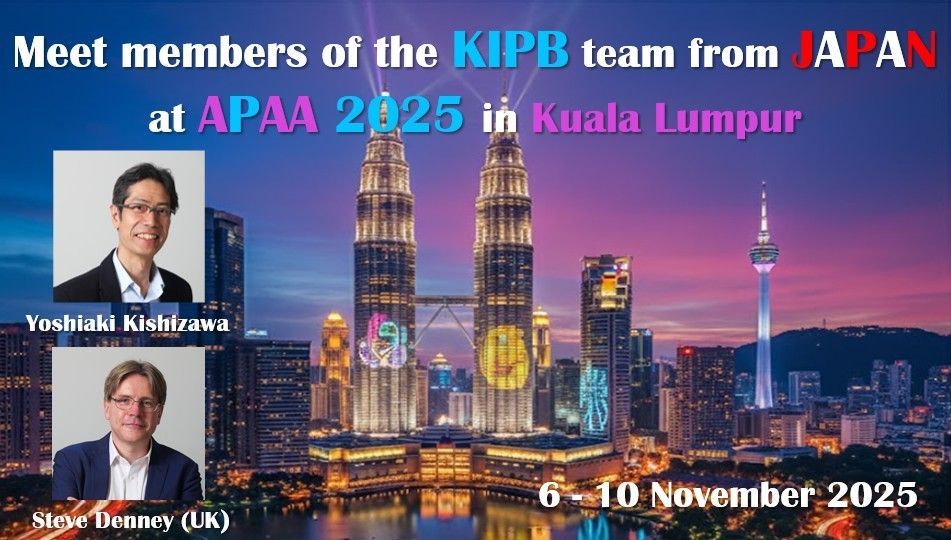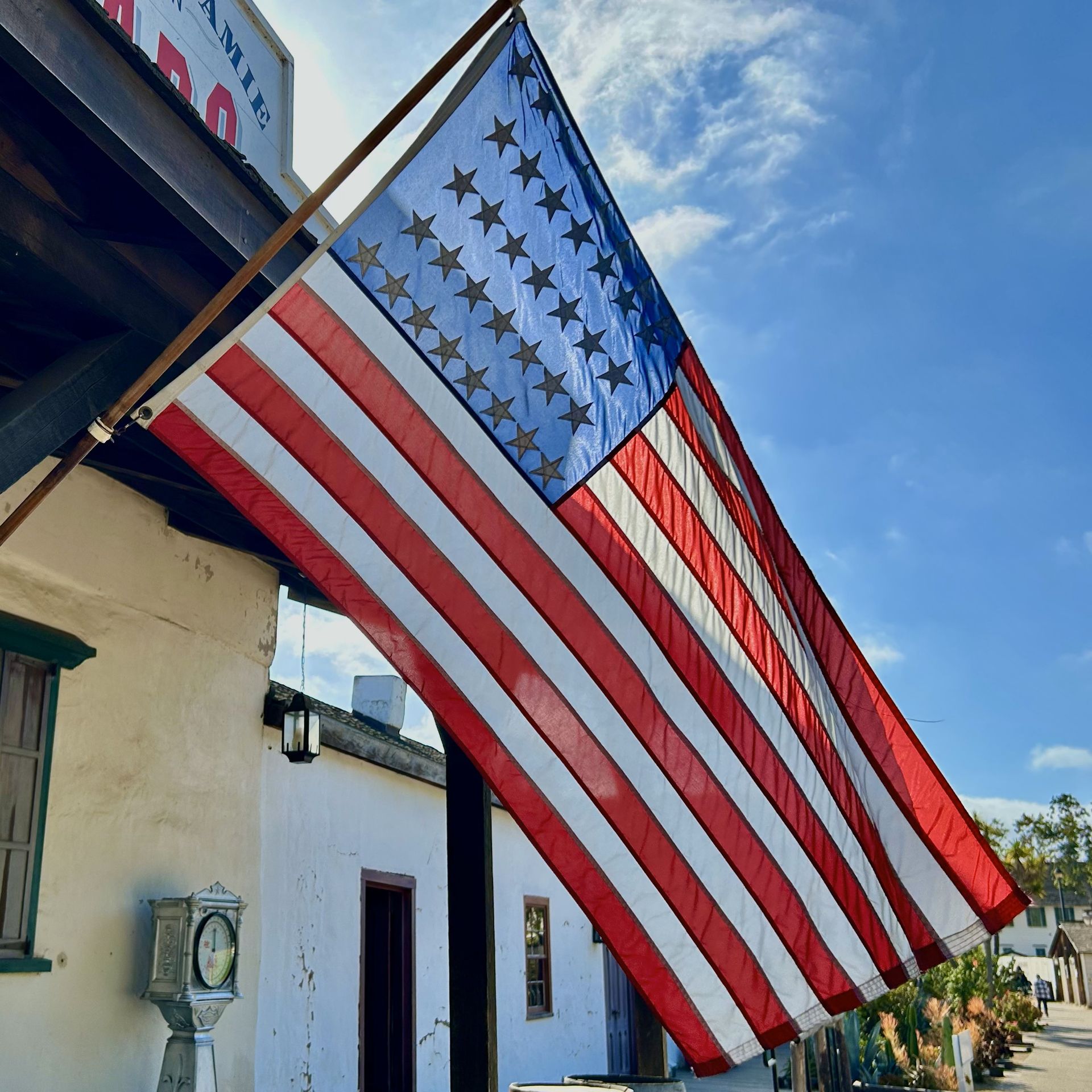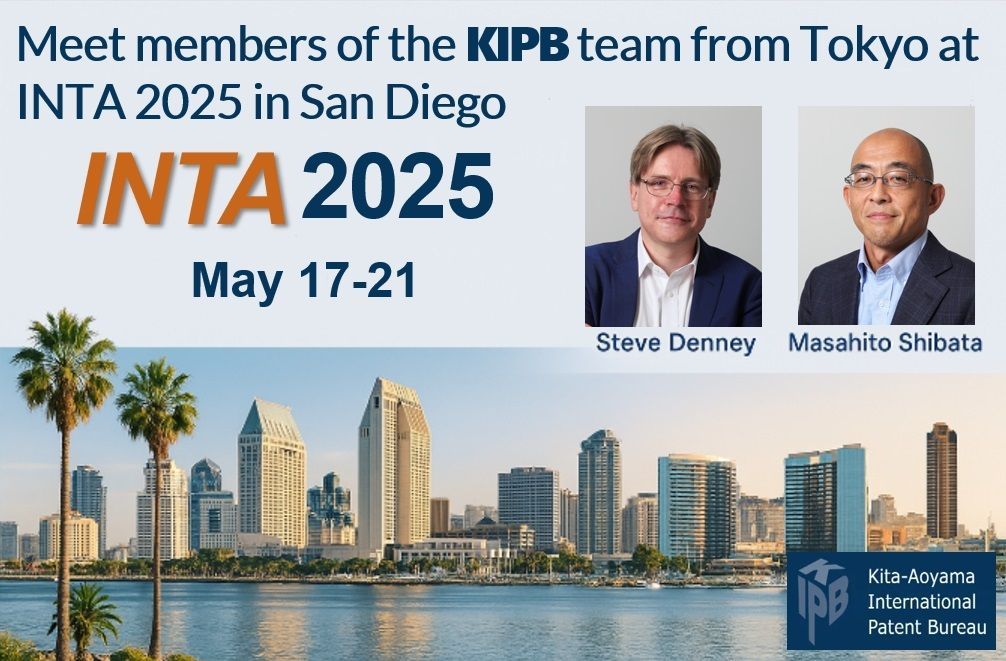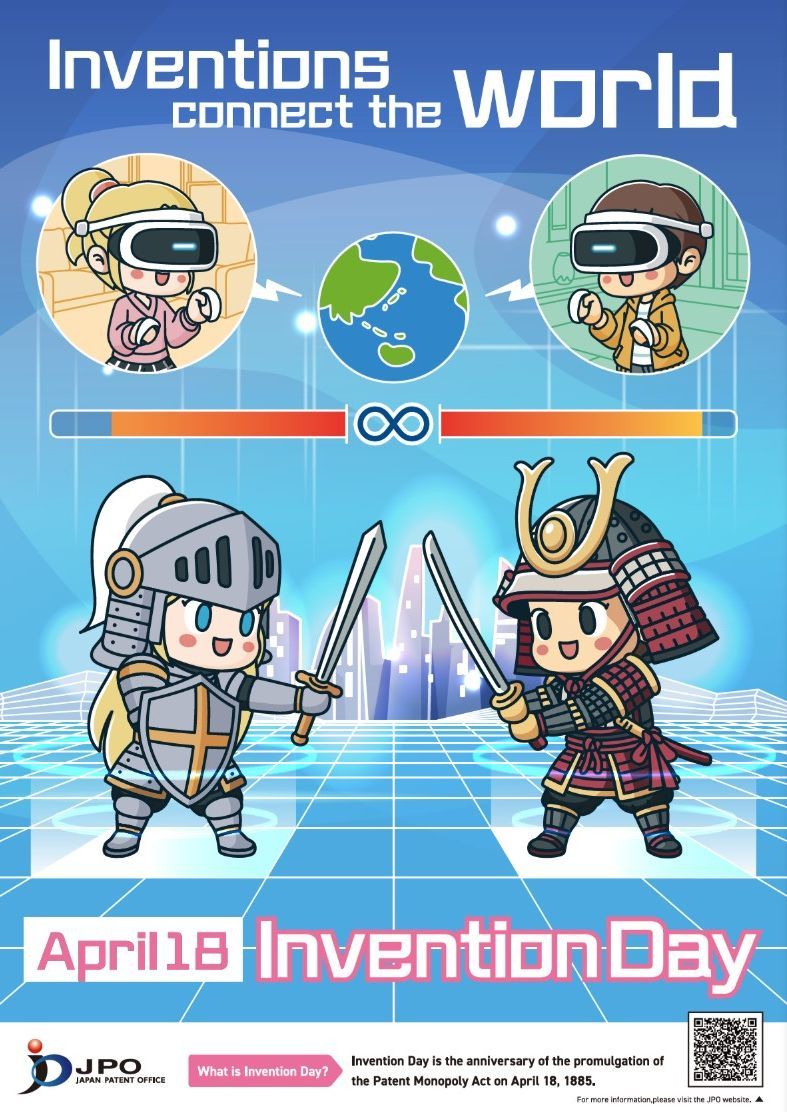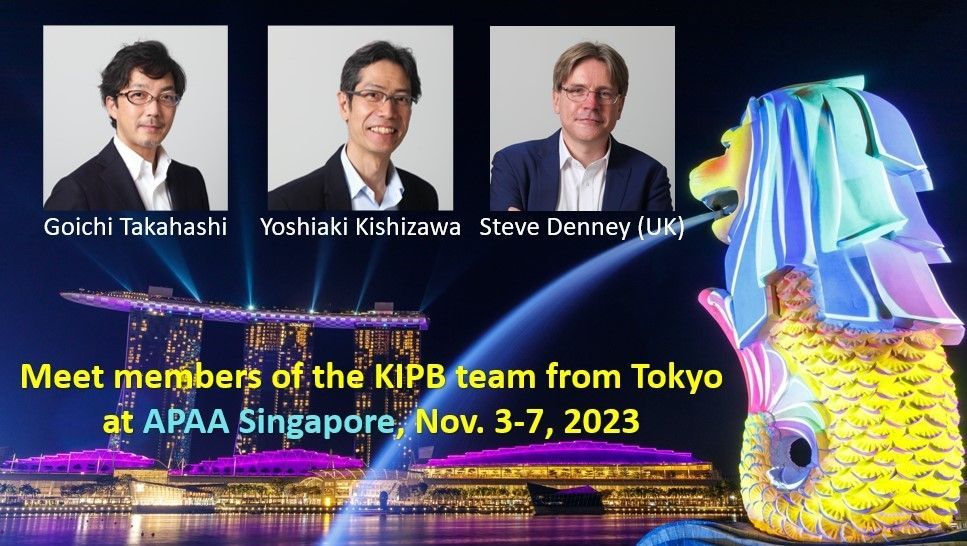Standard Essential Patents (SEPs) – JPO symposium on the frontier of discussions
The JPO recently hosted an international symposium on Standard Essential Patents (SEPs), and invited experts from Japan, the US, and Europe to discuss the latest licencing issues relating to SEPs in the era of the Internet of Things (IoT) and 5G mobile communication systems.
The symposium was designed to coincide with amendments to the JPO's "Guide to Licensing Negotiations Involving Standard Essential Patents", first published in June 2018, with the speakers covering aspects related to these amendments.
Video of the Symposium is available in English
here and presentation notes for all the speeches
here.
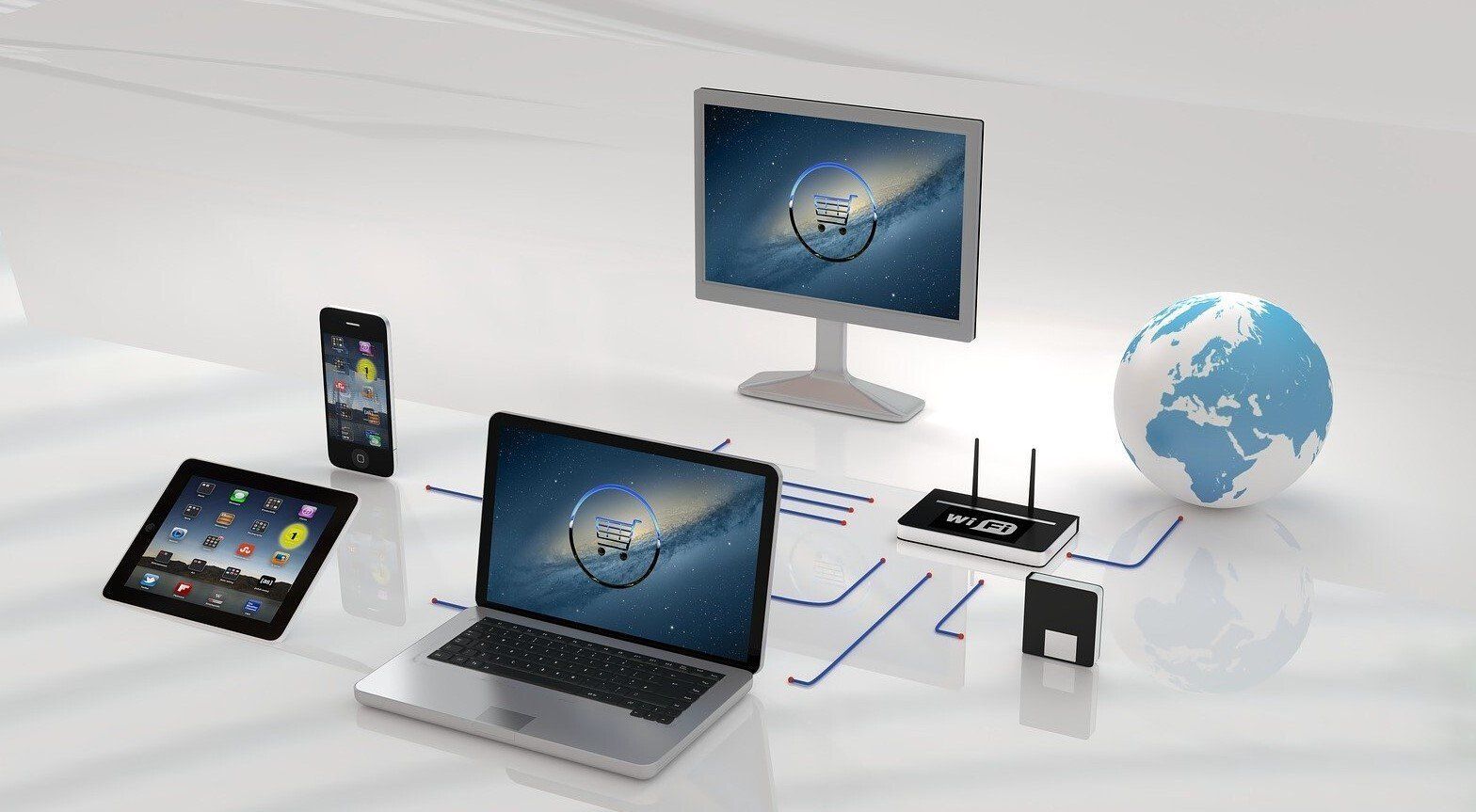
What are Standard Essential Patents (SEPs) and the related licensing issues?
Standard Essential Patents (SEPs)
All products are required to meet specific industry standards. In the communications industry, for example, technical standards are in place to ensure interoperability and interconnectivity between devices made by different manufacturers.
Standard Essential Patents (SEPs) are patents that protect the technologies that are “essential” to these industry standards. Most advanced products – from smartphones to solar panels – require these key SEP-protected technologies to be standard-compliant.
Licencing involving SEPs
Manufacturers of standard-compliant products – known as “SEP implementers” – must negotiate licencing agreements with SEP holders in order to use the SEP technology. SEP holders make their patented technology available to SEP implementers under “Fair, Reasonable, and Non-Discriminatory” (FRAND) grounds in exchange for acceptable royalties.
SEP licencing disputes
Disputes between SEP implementers and holders are increasingly common, with court cases rising worldwide. SEP holders can 'hold-up' negotiations to force higher licencing fees from SEP implementers. Conversely, SEP implementers sometimes 'hold-out' during negotiations to pressure SEP holders into accepting unreasonable terms.
To keep pace with technological innovations and the growing importance of SEP technology, courts have acknowledged the need to create clearer legal frameworks to achieve a more transparent and predictable SEP licensing environment.

Hot topics at JPO SEP Symposium 2022
The presenters discussed recent approaches taken by the governments and patent offices in the US, EU, UK, China and Japan. They mentioned that major IP jurisdictions are considering regulatory action on SEP and have sought opinions from all SEP stakeholders.
• In Japan, JPO and METI introduced and revised “good faith” negotiation guidelines in 2018, 2020 and 2022
• The US initiated two public consultations in December 2021 and April 2022
• The UK stated public consultations on SEP invitations in December 2021
• The EU started public consultations on new SEP frameworks in February 20222
Opportunities
The presenters also highlighted the financial and technological opportunities provided by the burgeoning SEP sector and warned that regulations should facilitate, not hinder, this. For instance, it is predicted that the number of interconnected communication devices requiring SEP technology will triple from 7.6 billion in 2019 to 24 billion in 2020.
SEP stakeholder strategies and “Essentiality”
In subsequent panel discussions, experts discussed the effects of recent court decisions on the approaches SEP implementers and holders take to licensing negotiations and how the “essentiality” aspect of SEPs should be checked to promote an efficient SEP licensing ecosystem for both SEP holders and implementers.
We encourage our clients and interested parties, particularly those representing small and medium-sized enterprises, to watch relevant symposium sessions, which are available till the end of July 2022.
KIPB Japan
KIPB Japan has experience in assisting foreign hi-tech firms to negotiate SEP licencing agreements with Japanese organizations that hold local SEP rights. Please contact us if you require a consultation.

